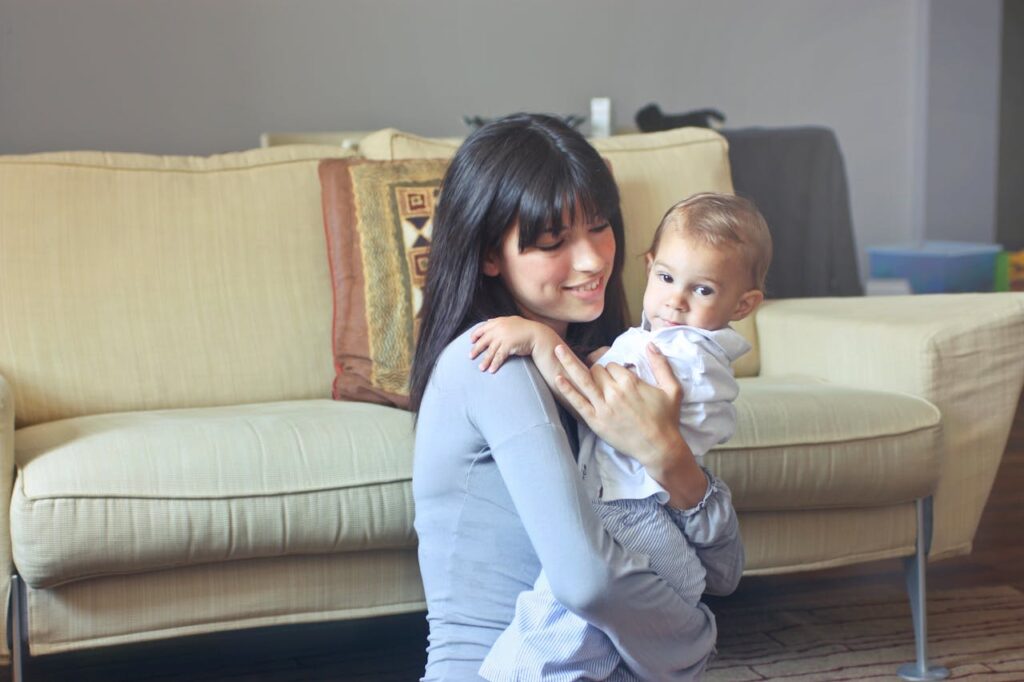IITHE Level 4 Diploma in Child Psychology

Overview
The IITHE Level 4 Diploma in Child Psychology provides learners with an in-depth understanding of the psychological development of children. This qualification covers the key theories and practical applications related to child psychology, preparing learners to support and enhance child development in various settings.
The course integrates theoretical knowledge with practical skills, focusing on understanding developmental stages, behavioral issues, and the application of psychological principles to promote positive outcomes for children.
Entry Requirements:
- Aimed at learners aged 18 and above.
- Entry profile may include:
- Relevant Level 3 qualification or equivalent
- GCE Advanced Level in at least two subjects, or equivalent qualifications
- Mature learners (aged 21 and over) with relevant experience in child care or education (verification with the centre may be required)
English Requirements: Learners from non-majority English-speaking countries must provide evidence of English language proficiency. For more information, please refer to our English Language Requirements page.
Equivalences: The IITHE Level 4 Diploma in Child Psychology is equivalent to Higher National Certificates (HNC) and the first year of a UK Bachelor’s degree in psychology or related fields.
Qualification Structure: The diploma consists of six mandatory units, totaling 120 credits, with 1200 Total Qualification Time (TQT) hours and a minimum of 600 Guided Learning Hours (GLH).
Mandatory Units:
- Introduction to Child Psychology (20 Credits)
Provides a foundational understanding of child psychology, including key theories, developmental stages, and research methods. - Developmental Psychology (20 Credits)
Explores the physical, cognitive, and emotional development of children from birth to adolescence. - Behavioral Psychology in Children (20 Credits)
Focuses on the principles of behavioral psychology, including the analysis and modification of child behavior. - Cognitive Development in Children (20 Credits)
Examines cognitive processes and milestones in child development, including language acquisition, problem-solving, and memory. - Emotional and Social Development (20 Credits)
Investigates how children develop emotionally and socially, including attachment theories, social interactions, and emotional regulation. - Supporting Children with Developmental Disorders (20 Credits)
Covers strategies and interventions for supporting children with developmental disorders such as autism spectrum disorders and ADHD.
Duration and Delivery:
- Duration: Typically completed over two academic years for full-time learners, with flexible options for part-time or distance learning.
- Delivery Methods: The course is delivered through face-to-face lectures, tutorials, and seminars, as well as distance and online learning through approved centers.
Assessment and Verification:
- All units are internally assessed by the institution and externally verified by IITHE.
- The assessments are criterion-referenced, focusing on the achievement of specified learning outcomes.
- Assessors provide an audit trail to demonstrate learners’ achievement of assessment criteria.
Progression Opportunities:
Upon completion of the IITHE Level 4 Diploma in Child Psychology, learners can progress to:
- IITHE Level 5 Diploma in Child Psychology
- Further academic studies, such as a Bachelor’s degree in psychology or related fields.
- Professional roles in child psychology, educational support, or child care.
